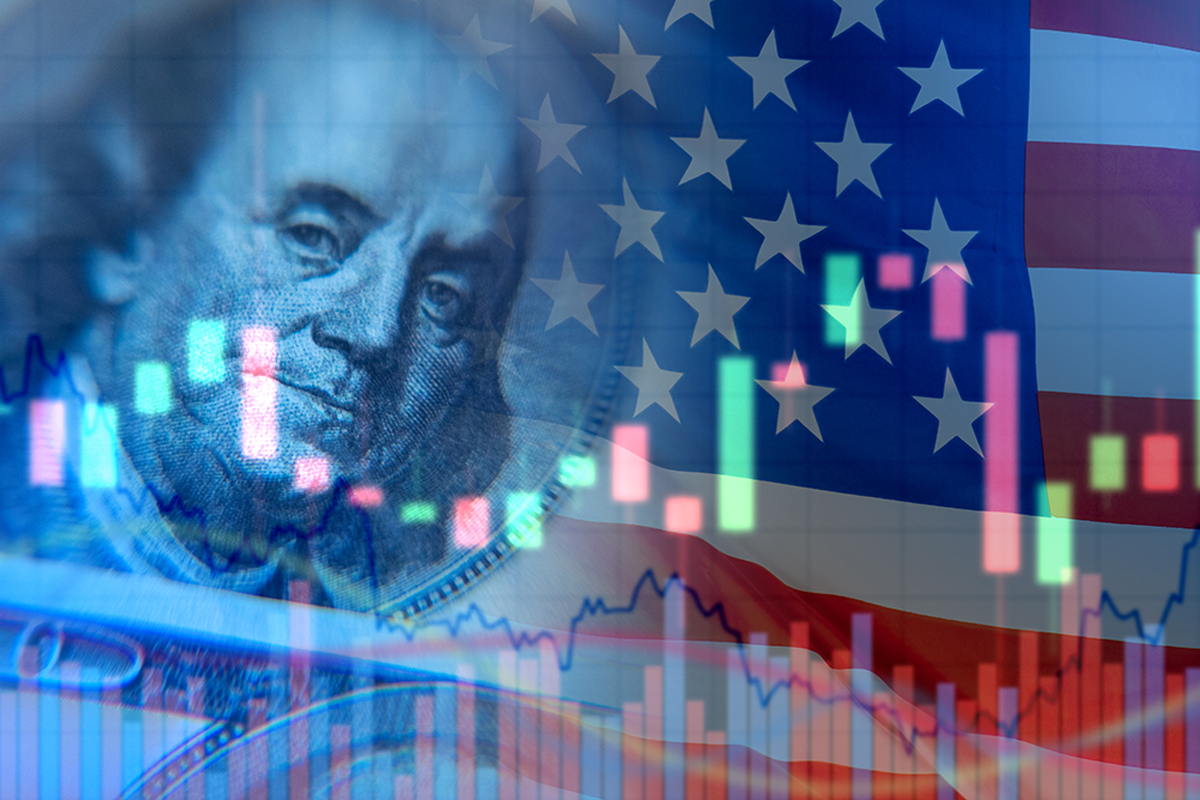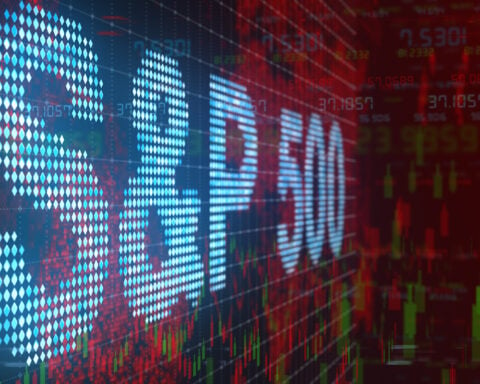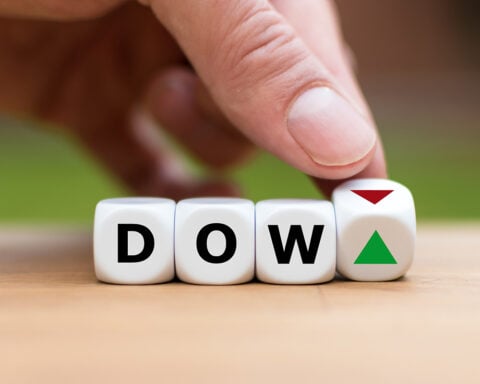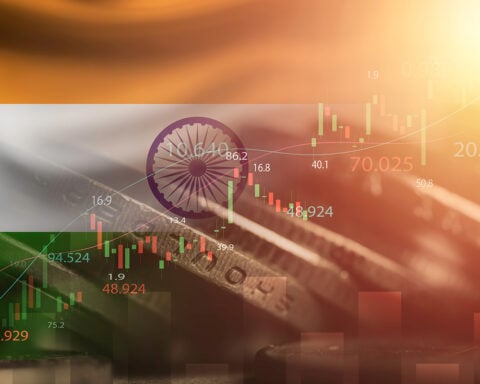Kokou Agbo-Bloua, a prominent economist at Societe Generale, asserts that central banks have reached a critical juncture in their battle against inflation. While the headline inflation figure is slowly approaching the Federal Reserve’s target of 2%, persistently high core prices, excluding volatile food and energy costs, pose a challenge. Agbo-Bloua points to the tightness of the labor market and the economy’s resilience as contributing factors to this situation. Market expectations suggest that the Fed will raise interest rates to a range of 5.25% to 5.5% at its upcoming meeting. In May, overall inflation in the U.S. decreased to an annual rate of 4%, but core inflation rose by 0.4% per month and 5.3% compared to the previous year.
Agbo-Bloua evaluates global policymakers’ efforts to control inflation and draws a parallel to Winston Churchill’s 1942 speech, suggesting that the current state may be “the end of the beginning.” Several factors contribute to persistent inflationary pressures, including extensive government spending during the pandemic, disruptions in the supply chain, a significant accumulation of excess savings, and companies capitalizing on “reflation” to raise prices beyond justified levels. Agbo-Bloua argues that companies have developed resilience to interest rates by refinancing their balance sheets and passing on higher input costs to consumers. He also highlights the tight labor market and lower labor productivity growth as contributors to wage-price spirals.
Agbo-Bloua argues that in order to uphold their credibility, central banks need to raise interest rates and intentionally induce a recession. He foresees a slowdown or recession in the U.S. during the first quarter of the following year, which would primarily impact corporate profit margins and consumer spending patterns. While he doesn’t anticipate a recession in the euro area, he does predict a slowdown due to demand surpassing supply. Agbo-Bloua acknowledges that the effects of tightening monetary policy typically take three to five quarters to manifest in the real economy, but the accumulated excess savings from the pandemic could delay these effects.
Nathan Thooft, co-head of global asset allocation at Manulife Asset Management, supports this perspective, suggesting that while the global economy had a better start to 2023 than expected and avoided a technical recession, the recession has been postponed rather than canceled. Thooft emphasizes that the duration of below-trend GDP growth is more important than the occurrence of a recession itself. Global growth is projected to settle at around 2.5% this year and next, remaining below the 3% threshold that would indicate a global recession if breached. This scenario would result in global GDP growth being 15.2% below trend, a level last observed during the pandemic in 2020 and in the 1940s.
Amidst the central banks’ persistent battle against persistent inflation, economists such as Kokou Agbo-Bloua underscore the importance of the present phase in this ongoing struggle. With core prices staying elevated and market anticipation of interest rate increases, it appears that we may be nearing the end of the initial phase. However, the impact of these measures is expected to lag behind the actual state of the economy, while the accumulated excess savings from the pandemic act as a cushion, prolonging the timeline. As the global economy grapples with the challenges of inflation and the potential for a slowdown or recession, policymakers and investors closely monitor the delicate equilibrium between upholding credibility and fostering sustainable growth.







